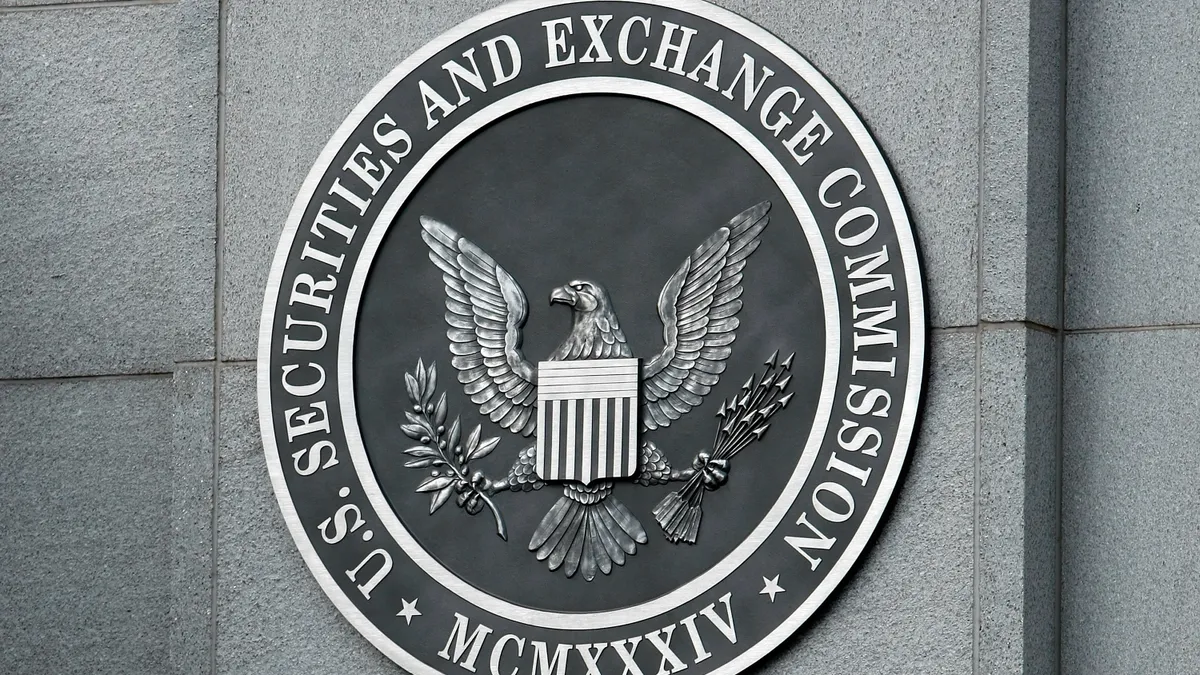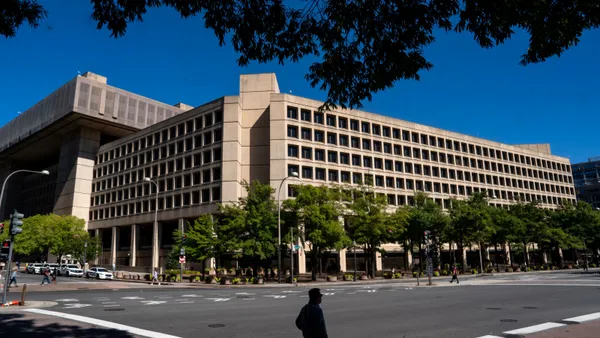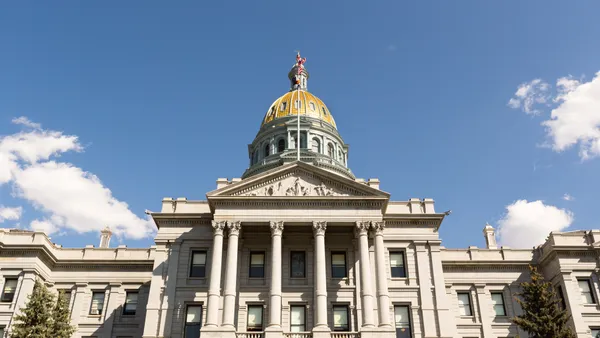Dive Brief:
- The Securities and Exchange Commission’s chief legal officer on Thursday defended a proposal to require companies to provide detailed disclosure on climate risk, saying the rule would safeguard investors and promote the public interest.
- “Climate-related risks can be just as important to businesses — to the nature and health of the business — as other things we might traditionally think about, like physical assets or material contracts,” SEC General Counsel Megan Barbero said in testimony to a House panel.
- The SEC “believes the disclosures are necessary to the protection of investors and the public interest,” Barbero said during a hearing by the House Financial Services Oversight and Investigations Subcommittee.
Dive Insight:
The SEC, since releasing a 490-page climate risk proposal in March 2022, has twice delayed publication of a final rule and now plans to complete the mandate later this year. As it considers changes, the agency is poring over more than 14,000 public comments — a record volume of feedback, Barbero said.
The climate risk disclosure rule has come under intense fire from Republican lawmakers, industry organizations and dozens of state attorneys general. They say the mandate would impose an onerous burden on business, require disclosures that are not material to investor decisions and extend SEC authority well beyond its congressional mandate.
“Even after the landmark decision in West Virginia vs. the EPA [Environmental Protection Agency], some agencies continue to act outside the bounds Congress instructed them to follow,” Rep. Bill Huizenga, a Michigan Republican and the subcommittee chair, told Barbero at the start of the hearing.
In a 6-3 decision, the Supreme Court in June 2022 cited the “major questions doctrine” holding that federal agencies need direction from Congress before setting regulations with significant economic or political impact. The ruling curbed EPA authority to limit power plant emissions under the Clean Air Act.
“The Biden administration has largely relied on executive action to advance its agenda that could not otherwise make it through the legislative process,” the subcommittee’s Republican staff said in a memorandum prior to the hearing.
“Through [SEC] Chair [Gary] Gensler’s regulatory regime, the SEC continues to implicate the issues raised in West Virginia vs. EPA,” they said.
Huizenga and other Republican lawmakers also said the SEC has failed to provide timely and complete answers to their requests for information.
“Under Chair Gensler, the SEC’s unresponsiveness to the committee’s requests has been extremely slow and limited in comparison to previous chairs,” Huizenga said, telling Barbero that 80% of the documents the SEC provided to the panel on the climate risk rule are publicly available.
Huizenga referred to “countless instances where the chair and his staff have failed to respond to members’ inquiries — often with a complete disregard for the questions asked.”
Rep. Al Green of Texas, the subcommittee’s senior Democrat, said Republicans aim to distract the agency from its mission and, with the hearing, displayed “micromanagement of the SEC run amok.”
In opening comments, Green predicted “you will witness micromanagement run amok as the SEC makes every attempt to fulfill the requests that have been made — let’s let this be a hearing and not an inquisition.”















